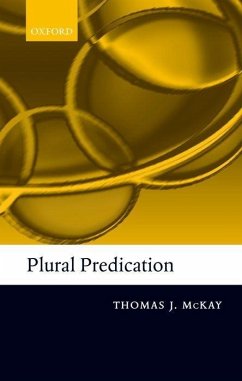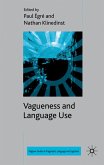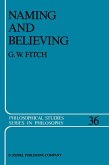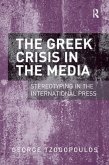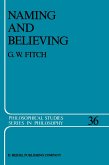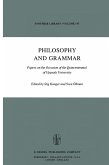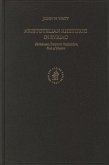Plural predication is a pervasive part of ordinary language. We can say that some people are fifty in number, are surrounding a building, come from many countries, and are classmates. These predicates can be true of some people without being true of any one of them; they are non-distributive predications. Yet the apparatus of predication and quantification in standard modern logic does not allow a place for such non-distributive predicates.
Thomas McKay's book explores the enrichment of modern logic with plural predication and quantification. We can have genuinely non-distributive predication without relying on singularizing procedures from set theory and mereology. The fundamental 'among' relation can be understood in a way that does not generate any hierarchy of plurals analogous to a hierarchy of types or a hierarchy of higher-order logics. Singular quantification can be understood as a special case, with the general type being
quantifiers that allow both singular and plural quantification. The 'among' relation is formally similar to a 'part of' relation, but the relations are distinct, so that mass quantification and plural quantification cannot be united in the same way that plural and singular are united.
Analysis of singular and plural definite descriptions follows, with a defense of a fundamentally Russellian analysis, but coupled with some new ideas about how to be sensitive to the role of context. This facilitates an analysis of some central features of the use of pronouns, both singular and plural.
Hinweis: Dieser Artikel kann nur an eine deutsche Lieferadresse ausgeliefert werden.
Thomas McKay's book explores the enrichment of modern logic with plural predication and quantification. We can have genuinely non-distributive predication without relying on singularizing procedures from set theory and mereology. The fundamental 'among' relation can be understood in a way that does not generate any hierarchy of plurals analogous to a hierarchy of types or a hierarchy of higher-order logics. Singular quantification can be understood as a special case, with the general type being
quantifiers that allow both singular and plural quantification. The 'among' relation is formally similar to a 'part of' relation, but the relations are distinct, so that mass quantification and plural quantification cannot be united in the same way that plural and singular are united.
Analysis of singular and plural definite descriptions follows, with a defense of a fundamentally Russellian analysis, but coupled with some new ideas about how to be sensitive to the role of context. This facilitates an analysis of some central features of the use of pronouns, both singular and plural.
Hinweis: Dieser Artikel kann nur an eine deutsche Lieferadresse ausgeliefert werden.

